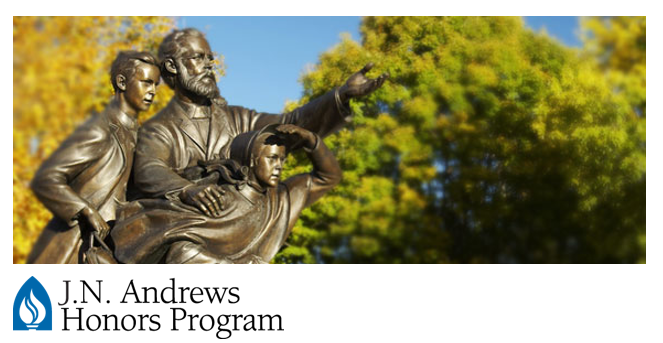Date of Award
2015
Document Type
Honors Thesis
Department
Biology
First Advisor
James L. Hayward
Second Advisor
Shandelle M. Henson
Abstract
Cannibalism leads to a variety of behavioral, demographic, and ecological consequences and is influenced by a range of environmental circumstances among numerous taxa. Although multiple studies have linked cannibalism to egg and chick failure in gull populations, few characterizations of gull cannibal behavior and reproductive success exist. During the 2014 breeding season, we observed the territories of 16 Glaucous-winged Gull (Larus glaucescens) and Glaucous-winged x Western Gull (L. glaucescens x occidentalis) egg cannibal specialists on Protection Island, Washington, USA. We also monitored cannibal foraging behavior, relative reproductive success, and colony-wide egg loss. Cannibal specialists employed a variety of foraging and feeding behaviors and exhibited significantly lower reproductive success than non-cannibals. Future study of the Protection Island gull colony will monitor long-term trends in cannibalistic activity and behavior in relation to environmental change.
Recommended Citation
Reichert, Ashley A., "The Behavior of Glaucous-winged Gull Egg Cannibals" (2015). Honors Theses. 110.
https://dx.doi.org/10.32597/honors/110/
https://digitalcommons.andrews.edu/honors/110
Subject Area
Glaucous-winged gull--behavior., Gulls--cannibalism., Cannibalism in animals.
Presentation Record URL
Creative Commons License

This work is licensed under a Creative Commons Attribution-No Derivative Works 4.0 International License.
DOI
https://dx.doi.org/10.32597/honors/110/
Files over 3MB may be slow to open. For best results, right-click and select "save as..."



